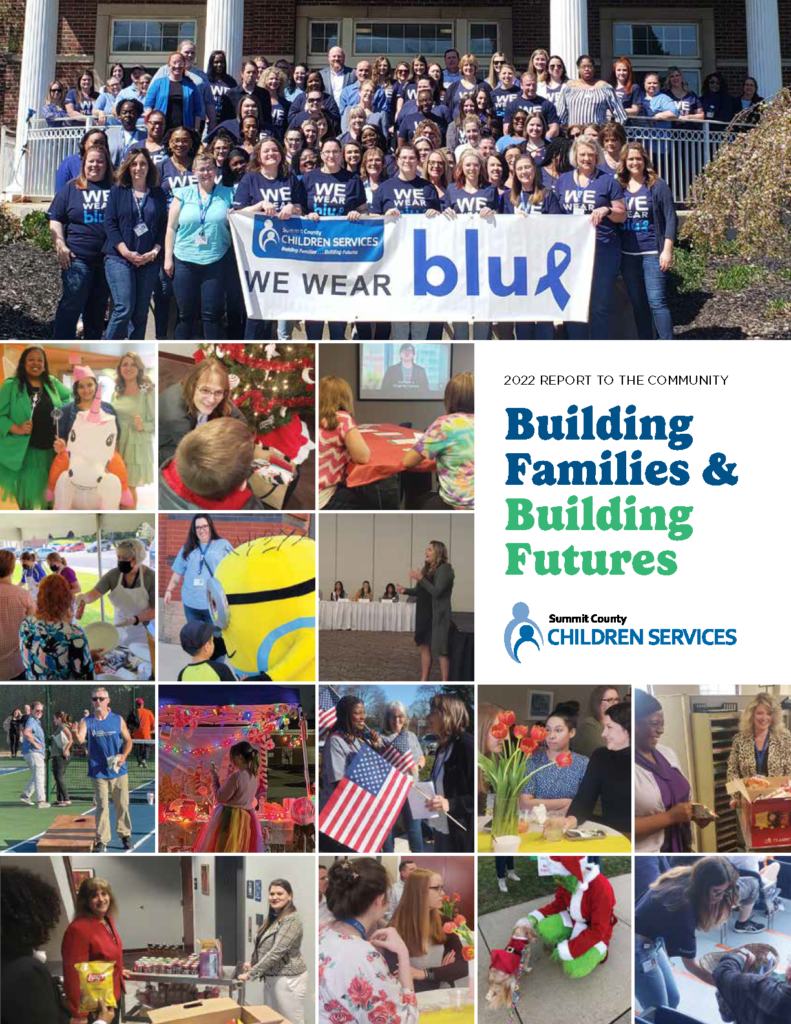Foster Parent Homework 3: Confidentiality
Confidentiality
What does it mean?
It is the preservation of personal information about a family or child (client). All personal information shared with you about a child or family, both verbally or through documentation, is private and should not be shared without written consent from the client or the client’s legal guardian (Summit County Children Services).
Maintaining confidentiality is an important responsibility, it is an ethical and legal obligation that must be taken seriously. The National Foster Parent Association outlines the issue of confidentiality in the Foster Parent Code of Ethics and provides the following oath: I shall keep confidential from unauthorized persons information pertaining to any child placed in my home. The Foster Parent Community also refers to the importance of respecting the confidentiality of a foster child.
Why is it important in foster care?
There are several reasons….
It is a child’s/family’s right! If it is a challenge to understand this, reflect on your own childhood and how you may have felt to personal information being shared with a teacher, peers, clergy, etc. Imagine if you were a foster child, would you want your personal information to be shared with others if it was not necessary?
Due to a desire to fit in, many foster children do not want others to become familiar with their personal information. Some foster children don’t even want others to know that they reside in a foster home.
Many times foster children have strong loyalties to their birth families, despite the circumstances of their removal, and do not want anyone else knowing or discussing their family issues.
Confidentiality is also important in building a relationship with your foster child. Most foster children have trust issues. If their information is freely shared, this may cause them to not trust you and increase their acting out behaviors. A lack of trust diminishes the opportunity to strengthen and help foster children and may cause them to hide behind emotional walls. If this occurs, it will interfere with your ability to give the support and help they need.
What are the benefits of maintaining and respecting confidentiality?
The child/family feels respected. Respect will aid in developing trust with a child/family that most likely already possesses trust issues. Healthy trust in a foster home will allow for a smoother transition to the foster home for all members of the foster home.
It helps a child/family feel safe and comfortable in sharing information which will increase the chances of them receiving adequate support and services. You will be upholding this very critical ethical and legal responsibility.
It is essential for foster parents to be informed about their foster child. As a foster parent, you have the right to:
Placement Information which includes why the child is in care and the permanency plans for the child.
Medical Information. This must be shared with you and updated on an ongoing basis. Social and Behavioral Information which includes the child’s behaviors and effective responses to behaviors from previous caregivers.
Educational Information. As a foster parent you should be included in Individual Education Plans( IEP’s) and informed of academic and social behavior at school.
You will possess much information about your foster child, it is important to know when, how much and with whom it can be shared. Here are some guidelines to help you determine when it is appropriate to share and with whom.
Ask yourself “Does this individual provide direct service to my foster child and what information does he/she need to know in order to provide that service effectively?” Also, it is important to remember that unless you have a release of information form signed by the client or the client’s guardian or unless the information is absolutely essential in order to care for the child, it should not be shared. When information is shared give only the minimum amount of information the person needs to know in order to provide service to the child.
Let’s consider some settings in which information is sometimes shared…..
Medical: If a physician is requesting information about a child, he/she should be told only the information that is directly related to his/her service to the child.
Church/Place of Worship: Many foster parents may feel the need and benefits of making prayer requests. Make requests and give information through general statements. For example, rather than elaborating and providing details regarding the foster child’s history, you can share that the foster child has faced and endured some hardships in his/her life.
School: School staff do need to be informed of information related to the educational needs of a foster child. If information is not related to a child’s behavior or academic performance in the classroom, then it should not be shared.
If you sense in these settings that additional information requested is not relevant, explain confidentiality and its importance and steer the topic back to the need/issue at hand.
When information is shared, it is extremely important to be mindful of your surroundings. Information should not be shared in public places where there is any possibility of someone overhearing it. Unless you can ensure privacy, don’t discuss it. Some examples of these settings include: public restrooms, hallways, elevators, waiting rooms, restaurants, sporting events, and work. Other forms of communication that might not be so obviously inappropriate are telephone and e-mail conversations. Cordless/cellular phones and answering machines can be overheard and/or recorded so it is important to not discuss confidential information or reveal identifying information through these forms of communication. E-mails can be read by others. Children are naturally curious and may attempt to find “secret” information through a foster parent’s e-mail. If confidential information is contained in letters, they should be filed and secured to ensure that the information remains confidential.






